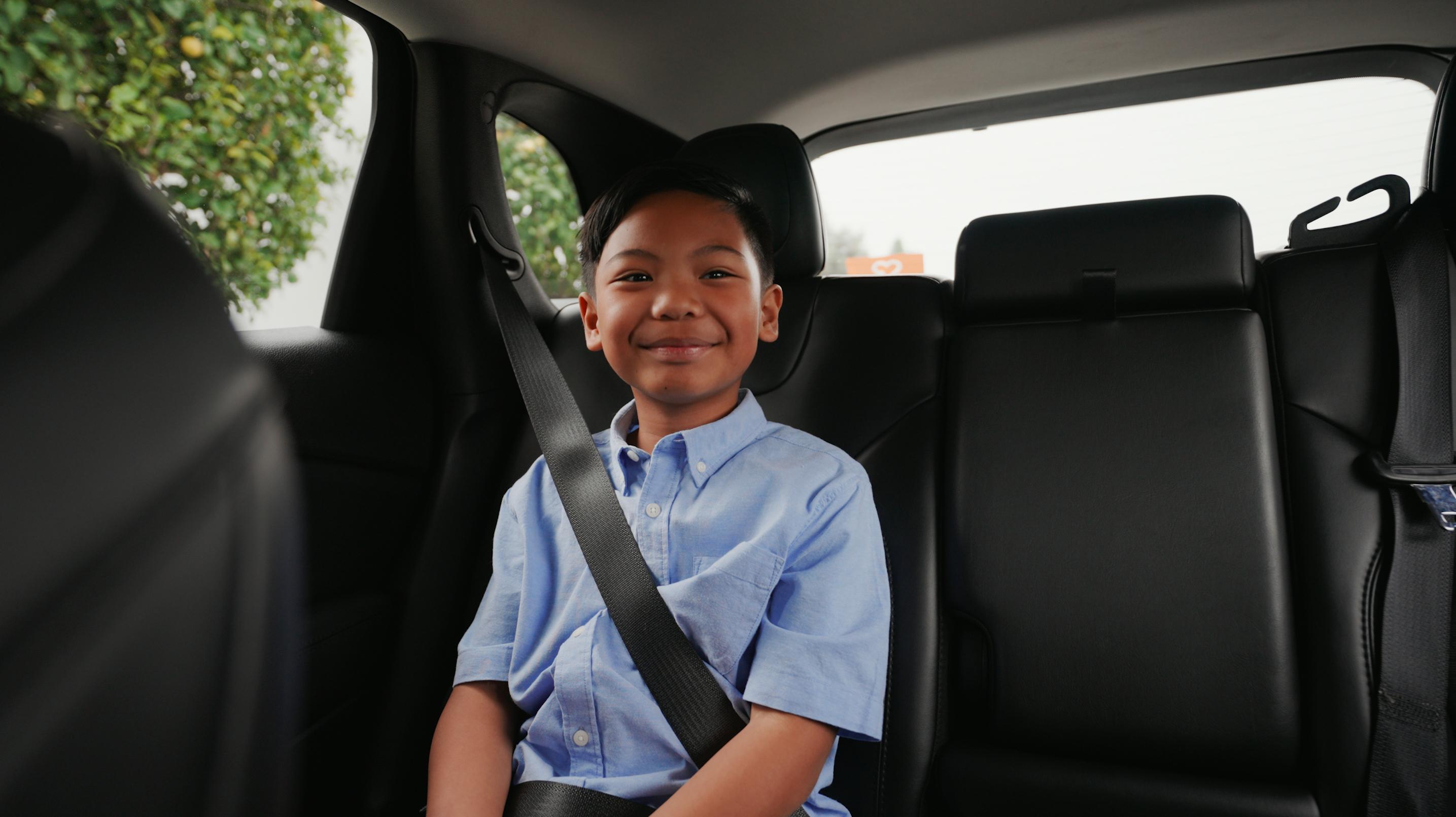Background: Addressing Unique Transportation Needs
Harms Elementary, a PK–8 school in Southwest Detroit with a total enrollment of 329 students, runs a dedicated program, which currently serves about 120 students across seven classes designed to help English language learner (ELL) students build language and academic skills before they transition to general education.
A significant challenge arose in transporting these students whose families often lacked a reliable or safe way to get their children to school. Traditional transportation options, such as bus routes or adding bus stops, were considered inefficient and impractical for the families served. When the program began in the 2024–2025 school year, the school initially experienced a huge drop in attendance. Academic interventionists discovered through conversations with parents that the primary barrier was transportation. The school’s transportation department made the connection with HopSkipDrive to find a solution for this vulnerable population.
The Situation: Seamless Partnership for Student Access
Harms Elementary partnered with HopSkipDrive to arrange safe and reliable transportation for students in the program. The partnership established a transportation solution where the key features of the HopSkipDrive platform directly addressed the families’ needs:
Real-Time Tracking: Parents are very comfortable sending their children to school because they can see where their kids are using the real-time tracking feature. This feature provides a crucial sense of security and peace of mind.
CareDriver Consistency: The school has found that they often have the same CareDriver pick up the same students, ensuring a smooth experience and minimizing confusion.
Logistical Flexibility: School staff can directly contact CareDrivers and even delay pickup times by about 10 minutes when needed, to allow CareDrivers to park right in front of the school for easy student access.
Specialized Instruction Access: HopSkipDrive helps to ensure these students can attend Harms Elementary and receive the specialized instruction and support of the program, which they might not be able to get at another school.
“We’re partnering with someone who will keep them safe. With HopSkipDrive, these students are able to get the education they wouldn’t otherwise be able to get. Plus, the peace of mind that the parents have has been a big comfort.”
—Aurelia Ramos, Principal, Harms Elementary
The Results: Improved Attendance and Academic Performance
HopSkipDrive has become integral to the success of Harms Elementary’s program, delivering both quantifiable results and significant emotional and logistical benefits:
Increased Utilization: The number of students utilizing the service has grown from only 3–4 students initially to at least 35 students who now benefit from HopSkipDrive.
Correlation to Academic Success: Harms Elementary has seen a clear correlation between the improved attendance enabled by HopSkipDrive and academic performance, particularly with language acquisition. Good attendance is directly correlated to the use of HopSkipDrive, as a significant number of these students wouldn’t be able to attend school otherwise.
Peace of Mind: The service provides real peace of mind to students, their families, and the school staff. The ability for parents to track the ride and know their child is safe addresses the anxiety associated with getting their children to school.
Reliable Support: The school values the quick response to its needs from the HopSkipDrive support teams.
“The staff appreciates the efficiency. The experience has been very smooth, and the CareDrivers’ consistency makes a huge difference. When we needed a 10-minute delay, the response was incredibly quick.”
— Cassandra Chanel Tapia, Assistant Principal, Harms Elementary
By solving critical transportation challenges, HopSkipDrive is helping to eliminate barriers so that these students — many of whom are from families who don’t have access to personal vehicles— can focus on their education and building communities in Detroit.
Want to learn more about how your school or district can benefit from a partnership with HopSkipDrive?



